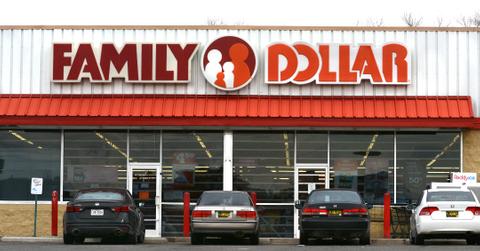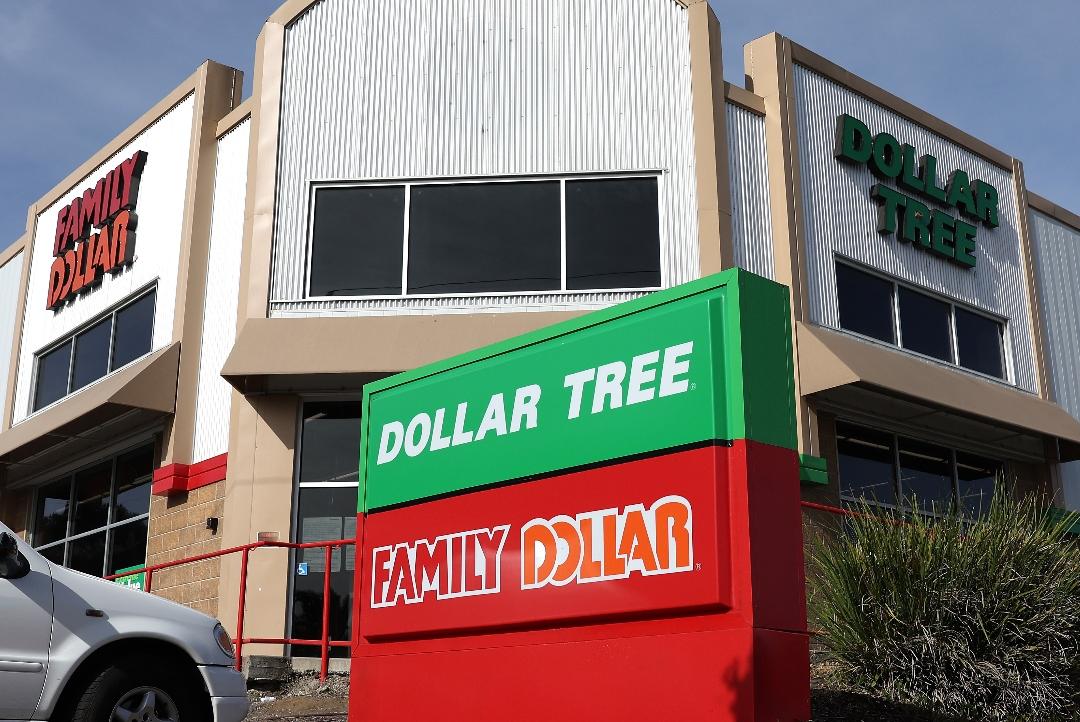Why Is Family Dollar Closing? The Reasons Behind the Closure of 600 Stores
The company also plans to allow leases to expire for 370 Family Dollar and 30 Dollar Tree stores.
Published March 28 2024, 4:05 p.m. ET

In the rapidly evolving landscape of American retail, the announcement of Family Dollar closing 600 of its stores in the first half of 2024 has sparked widespread curiosity and concern. This decision — made public by Dollar Tree, the parent company of Family Dollar, on March 13 —marks a significant shift in the discount retail market, leaving consumers and industry observers alike pondering the reasons behind this large-scale closure.
With Family Dollar serving as a staple for budget-conscious shoppers nationwide, understanding the factors that led to this drastic measure is crucial.
Why is Family Dollar closing?

According to an announcement made on March 13, this decision forms part of a broader transformation journey that the company is undertaking. In addition to closing 600 Family Dollar locations, the company also plans to allow leases to expire for 370 Family Dollar and 30 Dollar Tree stores, further streamlining their operational footprint.
According to reports from CBS News, the closures span across various states, with a significant emphasis on locations that have underperformed or are situated in oversaturated markets. Further analysis by industry experts suggests that areas with higher operational costs, decreased consumer spending, or intense competition from other discount retailers might see a higher concentration of store closures.
Notably, Dollar Tree has struggled in recent years with the impacts of inflation and increased incidents of shoplifting, combined with customers who have become more inclined to shop around for better deals.
Amid health and safety concerns, the chain also faced a $40 million fine in early 2024 after a warehouse was found to have a rat infestation, per CNN. At the time, hundreds of Family Dollar stores had to temporarily close.
With concerns among those in food-desert communities wherein Family Dollar stores may be the closest option for groceries, the impacts on these communities remains uncertain.
"It's a lifeline to these communities where they actually have access to fresh fruits and vegetables and food in an affordable manner," Will Kornegay, founder and CEO of Ripe for Revival, told ABC 11 regarding rural North Carolina residents.
Meanwhile, The Columbus Dispatch reported that Ohio has over 450 Family Dollar stores, with the state coming at No. 3 (behind Florida and Texas) for its number of locations. Up to 265 people could be losing their jobs in the sate.
As the situation unfolds, the impact of these closures will become clearer, particularly in places where the economic and community effects are anticipated to be more pronounced. For now, affected communities and employees are bracing for the changes, hoping for a smooth transition and effective communication from Dollar Tree and Family Dollar leadership.